April 30, 2024 | 03:24 GMT +7
April 30, 2024 | 03:24 GMT +7
Hotline: 0913.378.918
April 30, 2024 | 03:24 GMT +7
Hotline: 0913.378.918
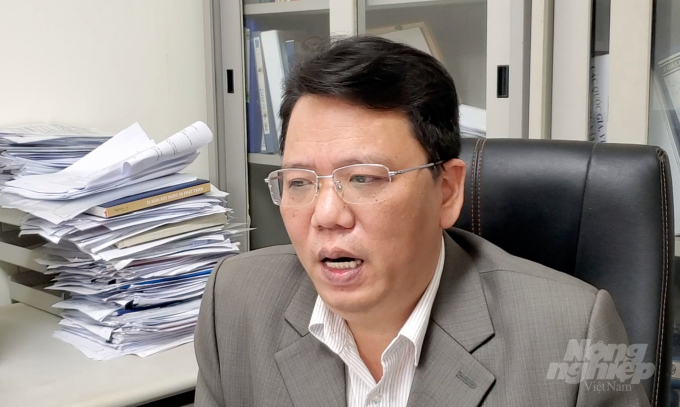
Mr. Ngo Xuan Nam, Deputy Director of Vietnam SPS Office, having an interview with the Vietnam Agriculture newspaper. Photo: Bao Thang.
According to Mr. Ngo Xuan Nam, Deputy Director of Vietnam SPS Office, Decree 248 on "Registration and Administration of Overseas Producers of Imported Product", and Decree 249 on "Administrative Measures on Import and Export Food Safety" have caused great confusion to many businesses because the majority still think of China as an easy market. And this fact remains true at present, according to Mr. Nam.
In mid-January 2022, approximately10 days after Decree 248 and Decree 249 took effect, a cashew nut exporter to China called Mr. Nam, confiding that the company's shipment was not customs cleared because it did not meet the new regulations on business registration as well as packaging.
"They have received news of these two new decrees from China, but still think that the goods can be cleared in the old way. That's really unfortunate because this enterprise has a history with China and should be on the priority list for registration," said Mr. Nam.
It is common for units to encounter difficulties in adapting to the provisions of the SPS Agreement like the cashew nut exporter above. Upon summarizing the responses, Vietnam SPS Office found that there were many "unexpected" reasons, for example, the business was granted an account to register with the host country but forgot the password; or while the fellow country's governing body is conducting online inspection through a camera, the production facility in Vietnam lets some dogs into the frame.
The requirements of WTO countries are increasingly strict. Mr. Nam gives the example of China inspecting enterprises producing cooking oil or oil-seeds: There are currently thirteen criteria, including the layout of factories and water sources, and businesses need certification from competent management agencies for each criterion.
"The ‘international playground’ is becoming more and more fierce, demanding domestic enterprises to raise awareness in all aspects, from direct workers to management of all stages," said Mr. Nam.
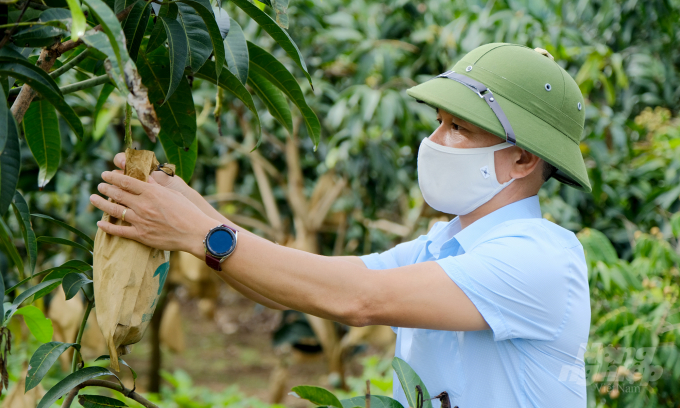
Intensive mango farming model on sloping land in Mai Son district, Son La. Photo: Bao Thang.
In addition to raising awareness of businesses, Mr. Nam believes that a radical, sustainable, long-term oriented solution is needed. Stem from that point of view, the Deputy Director of Vietnam SPS Office proposed two measures: raise awareness for producers at the grassroots level through agricultural extension groups and build an online inquiry portal on SPS Agreements.
Regarding the first solution, the Ministry of Agriculture and Rural Development is developing the scheme "Improving the quality of agricultural extension work" which focuses on developing three issues: Community agricultural extension group, digital transformation, and diversification of revenue sources for agricultural extension systems.
The National Agricultural Extension Center (NAEC) will directly train participants in professions such as technical support, market analysis, digital transformation, agricultural services. Besides traditional work there will be the transfer of new technical innovations.
As for the inquiry portal, this is a requirement that comes from reality, especially when Vietnam SPS Office needs to quickly and promptly disseminate new regulations of Decrees 248 and 249 at the end of 2021. Instead of constantly operating the hotline, Mr. Nam said that it is possible to create a smooth information system from the Office to associations and businesses.
Stem from the mindset of "one second and millions will grasp the information", Mr. Nam outlines the portal to include: each enterprise, through associations, industries, and state management agencies, will be granted an account in the system. Enterprises can be subdivided by industry group, main export market group, or region (by geographical location).
Whenever there is a new announcement from WTO member countries, Vietnam SPS Office staff will upload the information onto the system. Related enterprises will base on that information to soon adjust production and business plans to suit market requirements.
In addition to SPS, WTO member countries use TBT (Technical Barriers to Trade). These are the technical standards and regulations that a country applies to imported goods or the process of assessing the conformity of imported goods with those technical standards and regulations.
A TBT Agreement has also been issued by the WTO to create a standard consisting of three types of technical measures that are consistent globally: “Technical regulations” are mandatory technical requirements; “Technical standards” are technical requirements that are approved by an accredited organization but have no mandatory applicable value; and “Conformity assessment procedure” determines whether the relevant requirements in a technical regulation or standard are met.
Following the progress of trade liberalization, as traditional protectionist tools are gradually removed, TBT and SPS barriers are being utilized at an increasing rate. In Vietnam, the TBT Office belongs to the Directorate for Standards, Metrology and Quality (STAMEQ - Ministry of Science and Technology).
Translated by Samuel Pham
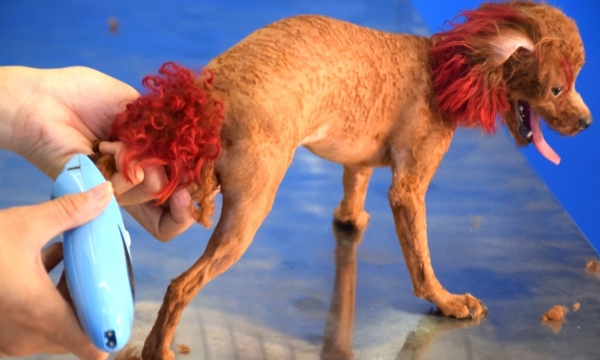
(VAN) Pet treatment and beauty spas need skilled expertise and experience to manage their aggressive responses, like as biting.
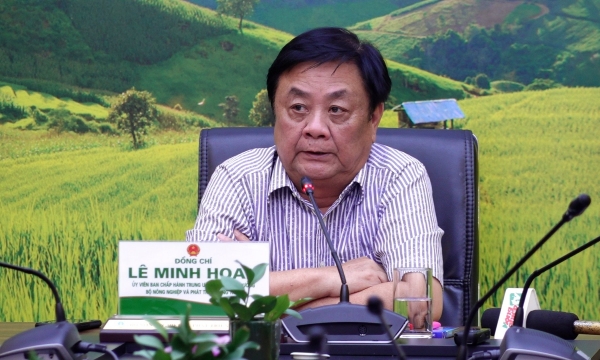
(VAN) Minister of Agriculture and Rural Development Le Minh Hoan chaired a conference on April 25 to discuss measures for preventing drought and saltwater intrusion in the Mekong Delta and addressing future difficulties.
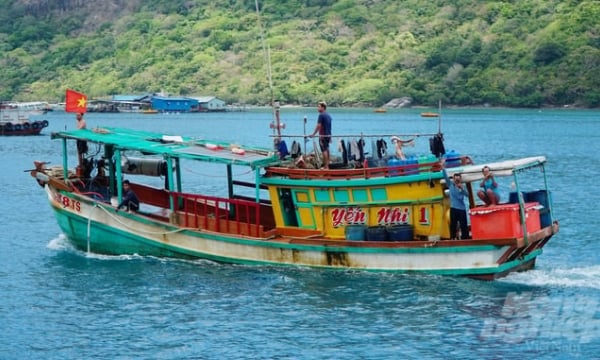
(VAN) 'The IUU yellow card must lead to sustainable fisheries, with increased aquaculture and reduced exploitation,' Minister Le Minh Hoan reflected.
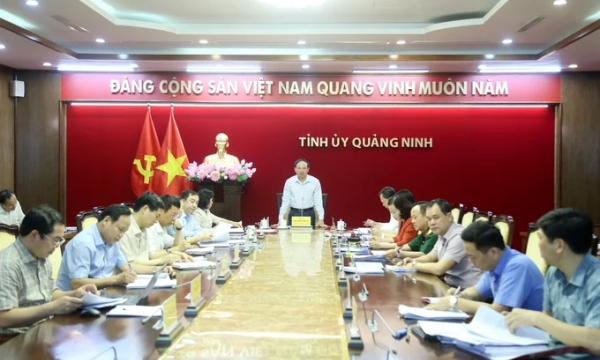
(VAN) Quang Ninh's policy of attracting FDI investment will select investors, taking quality, efficiency, technology, and environmental protection as evaluation criteria.
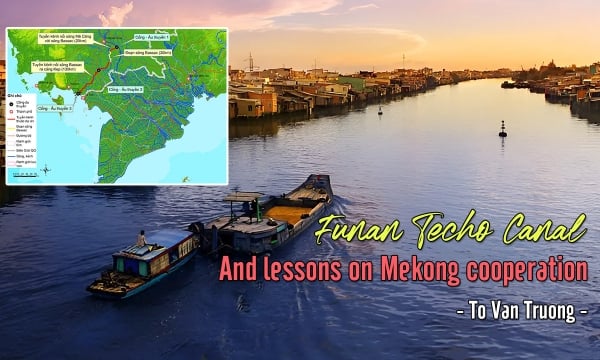
(VAN) Concerns regarding the Funan Techo canal, as expressed by certain experts at the Can Tho meeting, are indeed reasonable, yet they should be articulated without exaggeration.
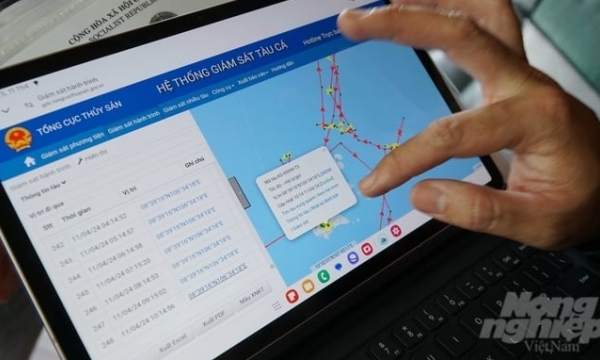
(VAN) Ba Ria - Vung Tau province is facing considerable challenges concerning the rapid and coordinated implementation of electronic fishing logbooks and origin tracing.
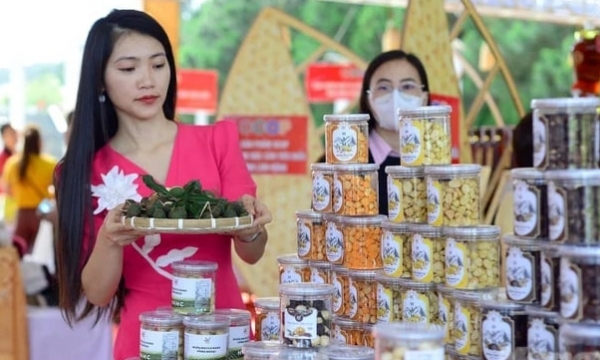
(VAN) There are a total of 12,000 OCOP products rated as 3-star or above, over 6,500 OCOP entities, around 78% of communes have successfully met the new rural requirements.